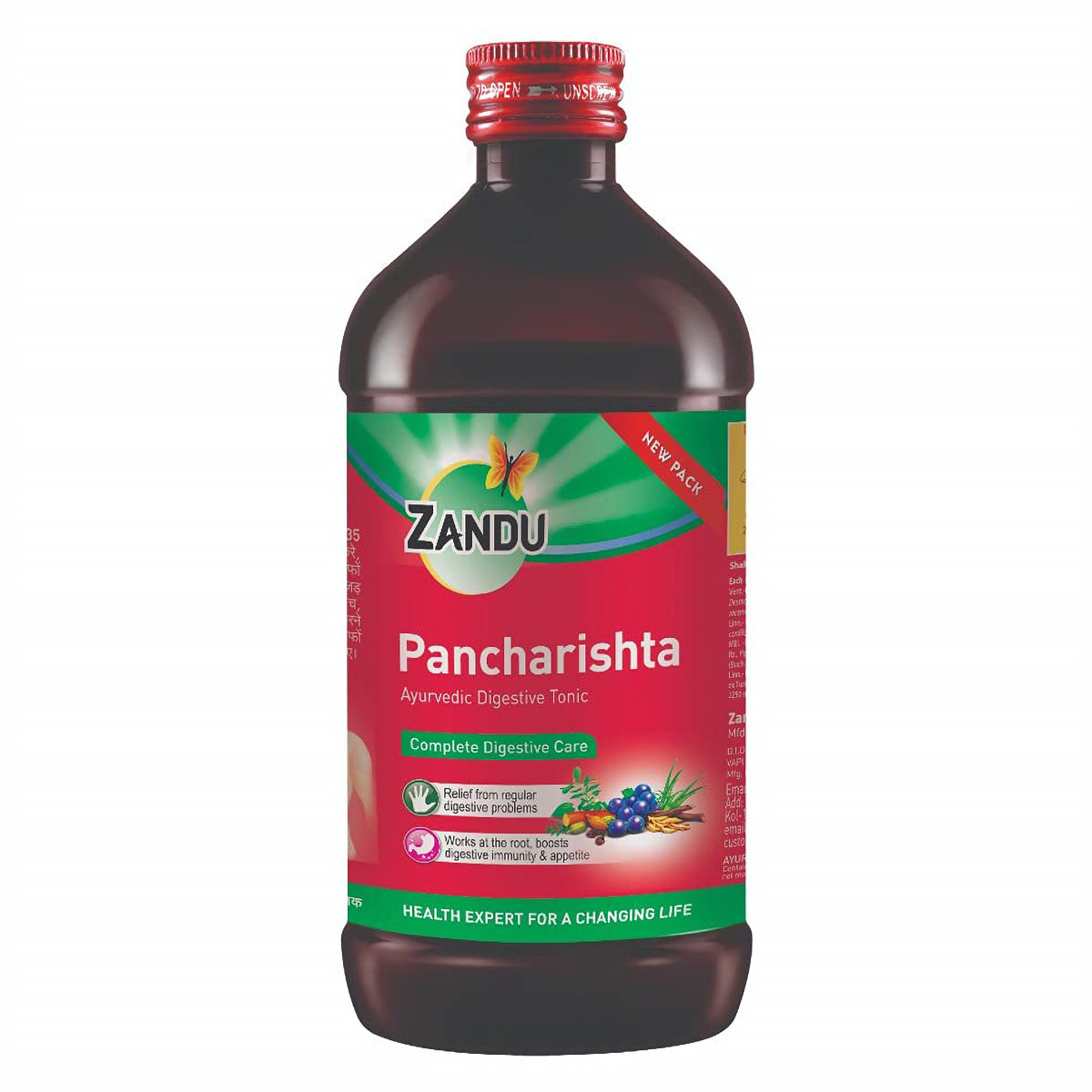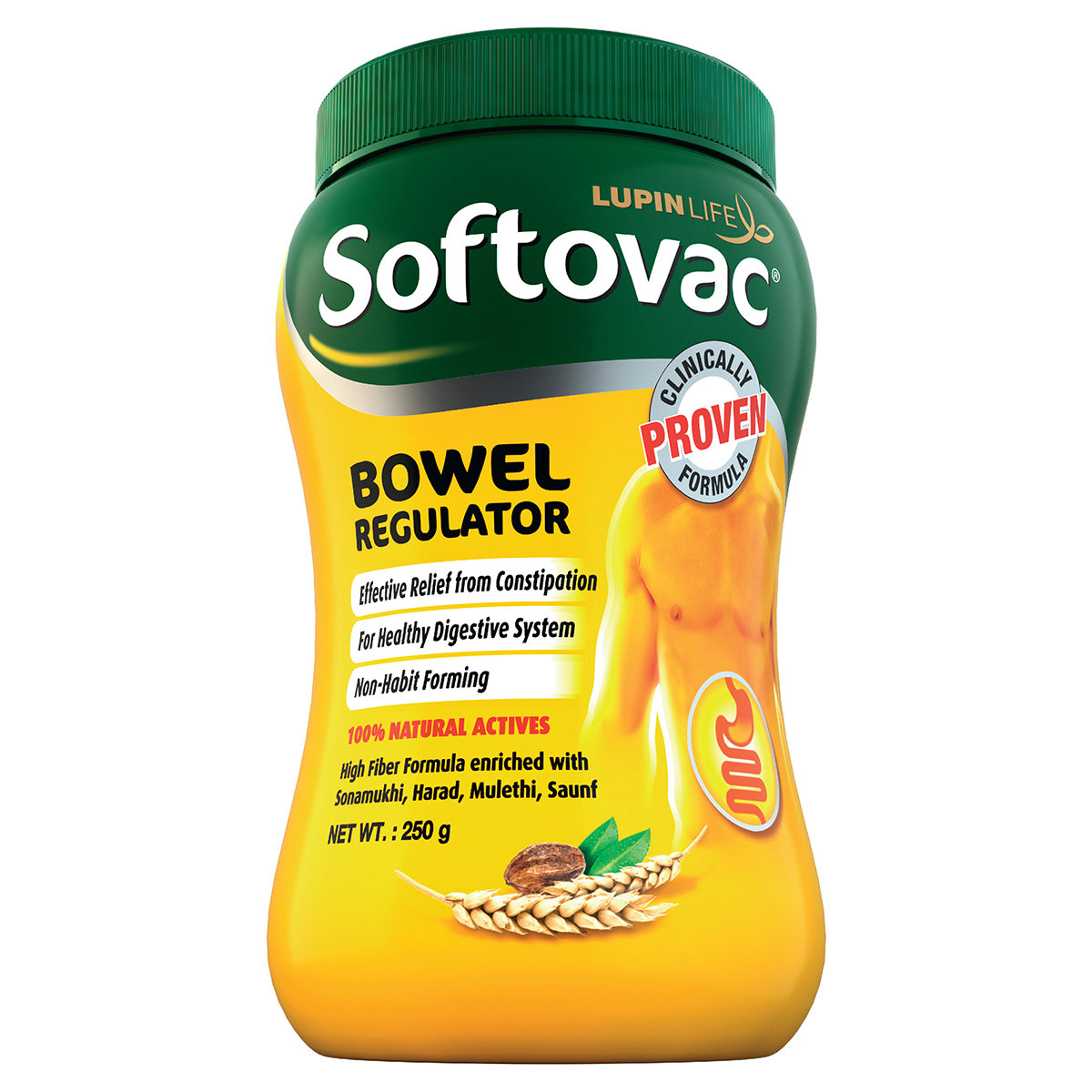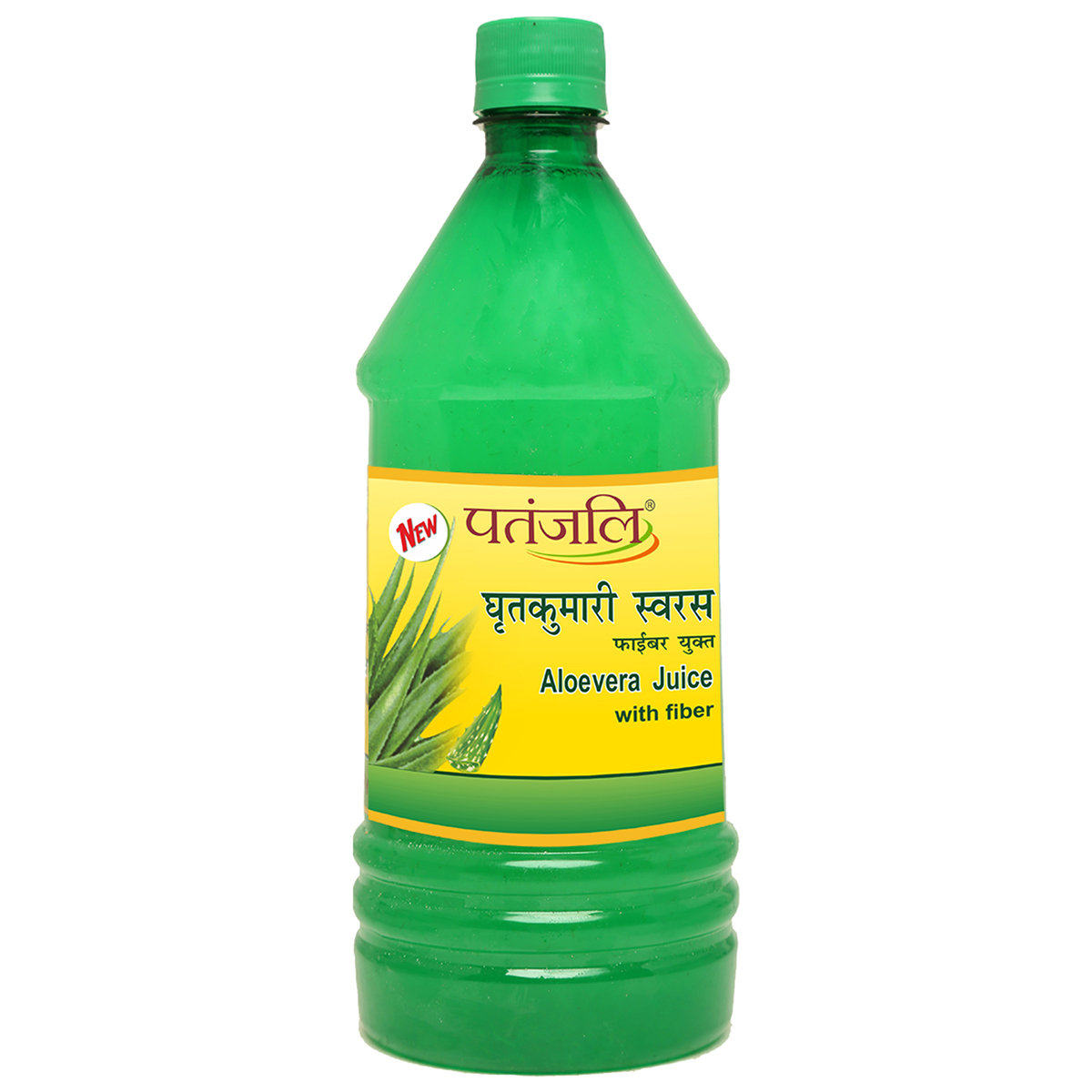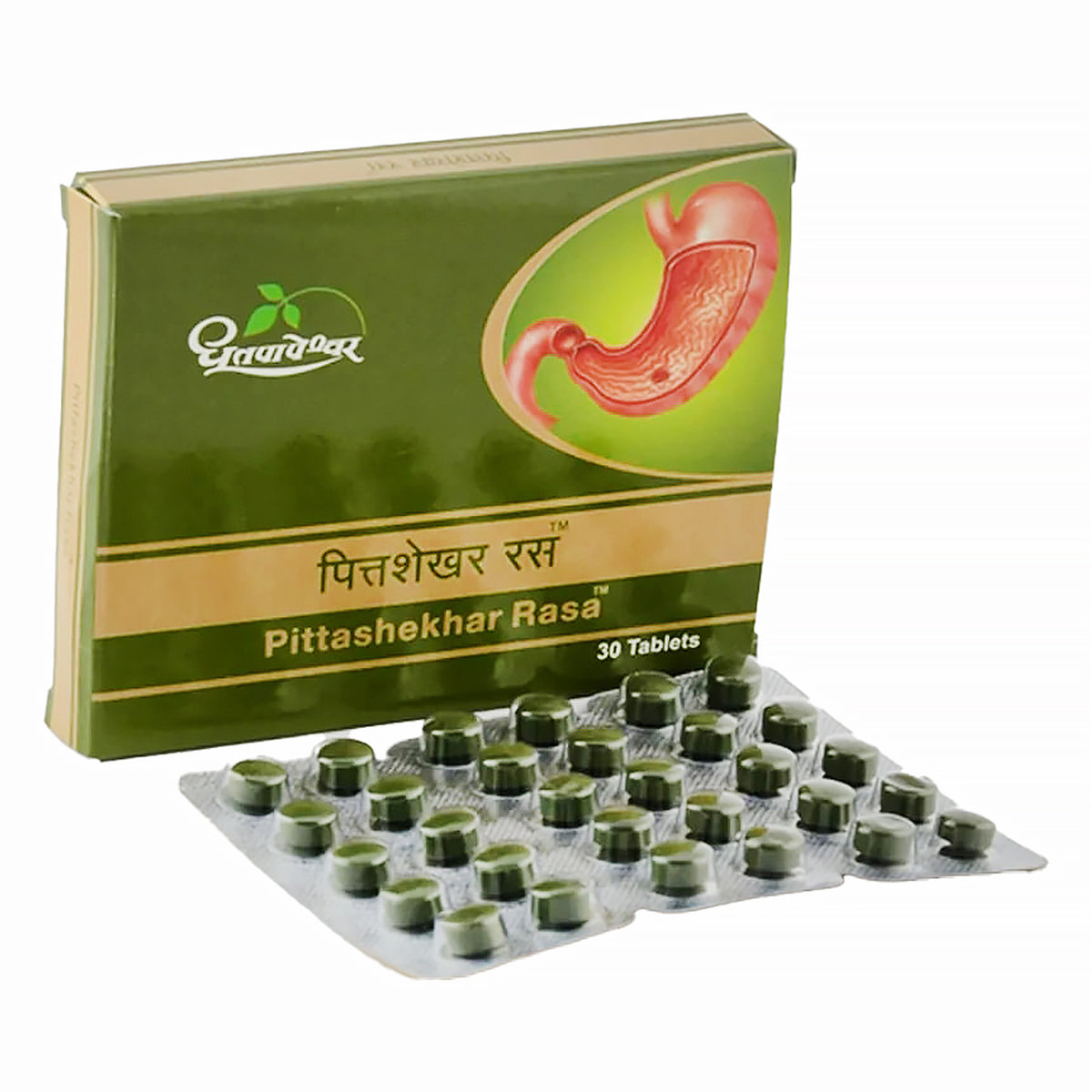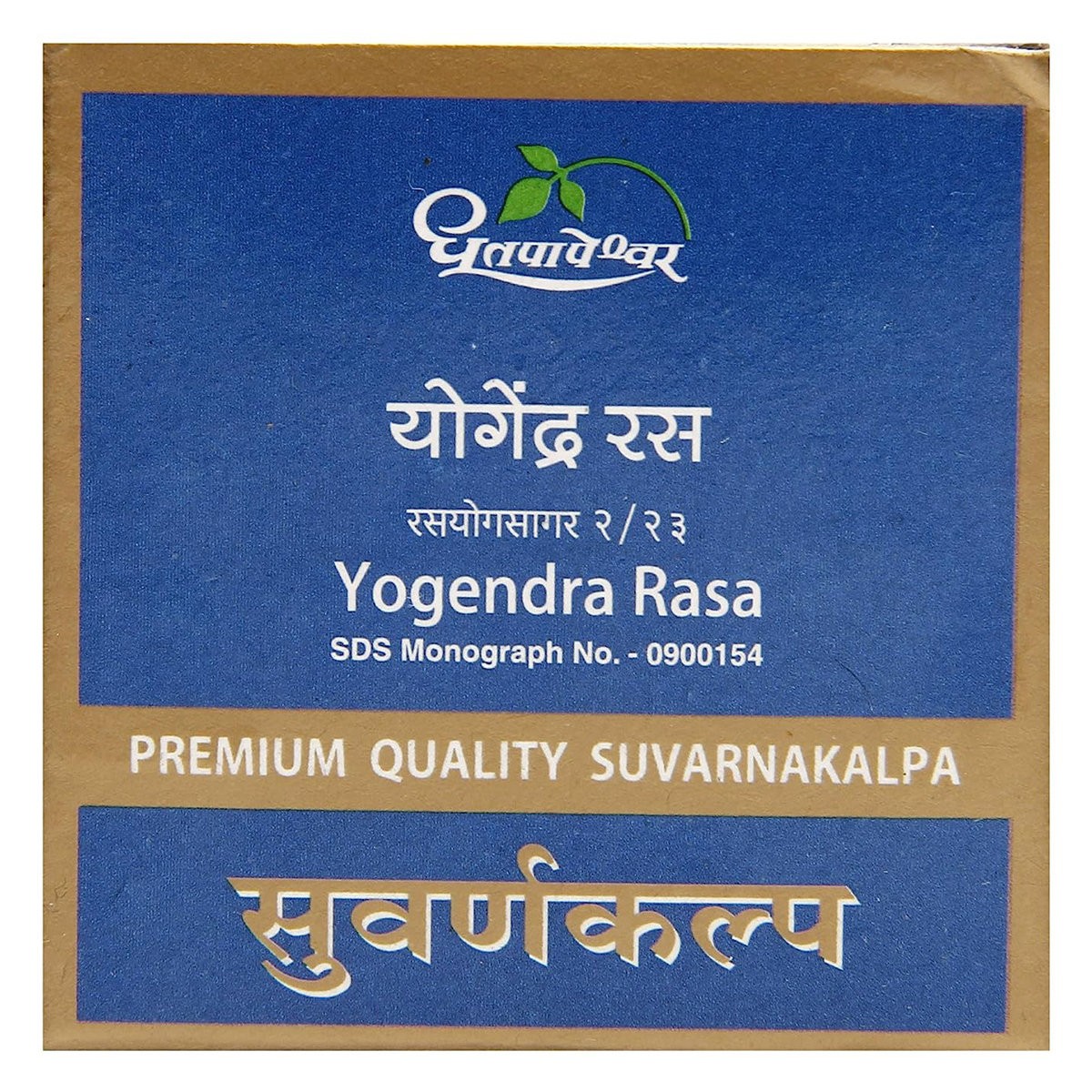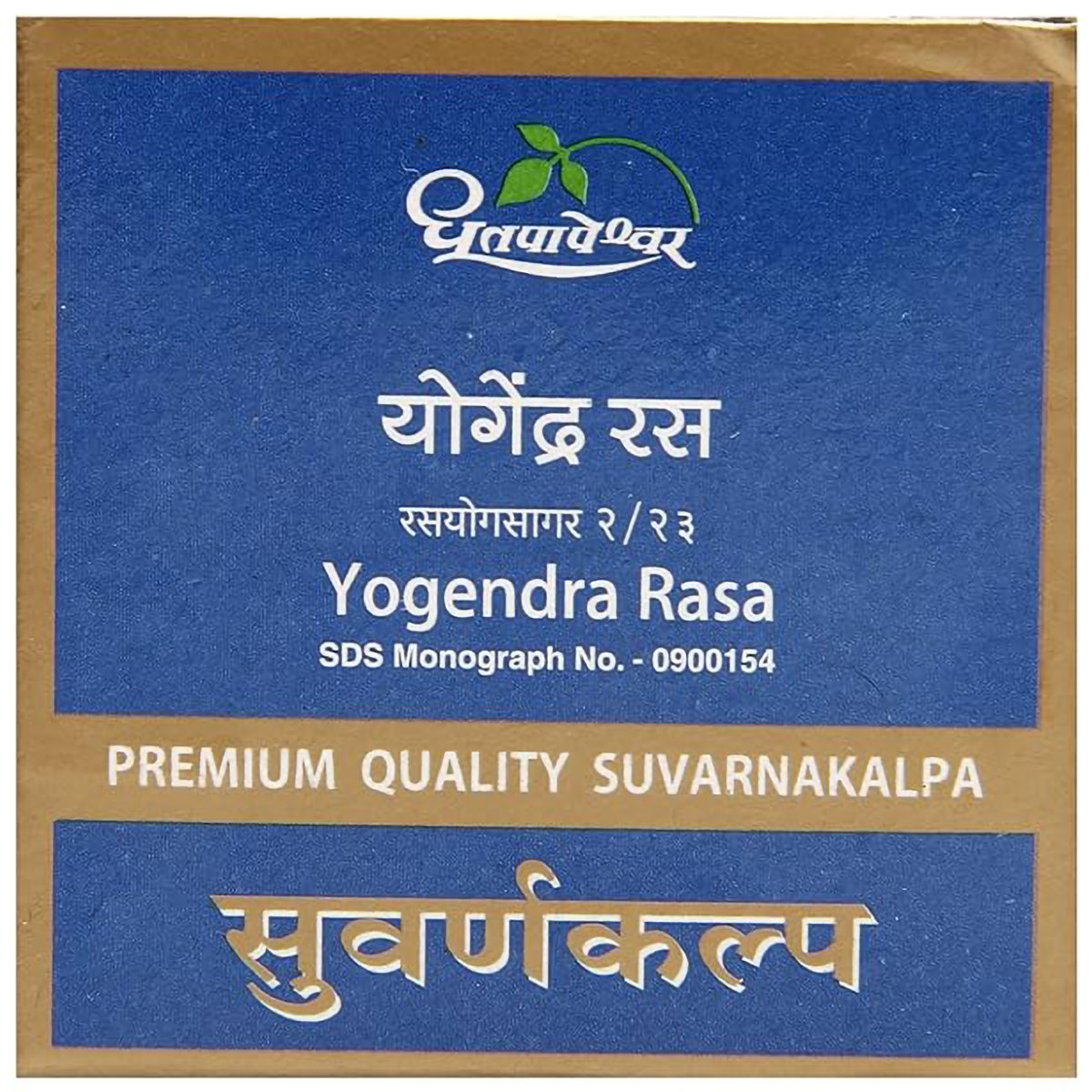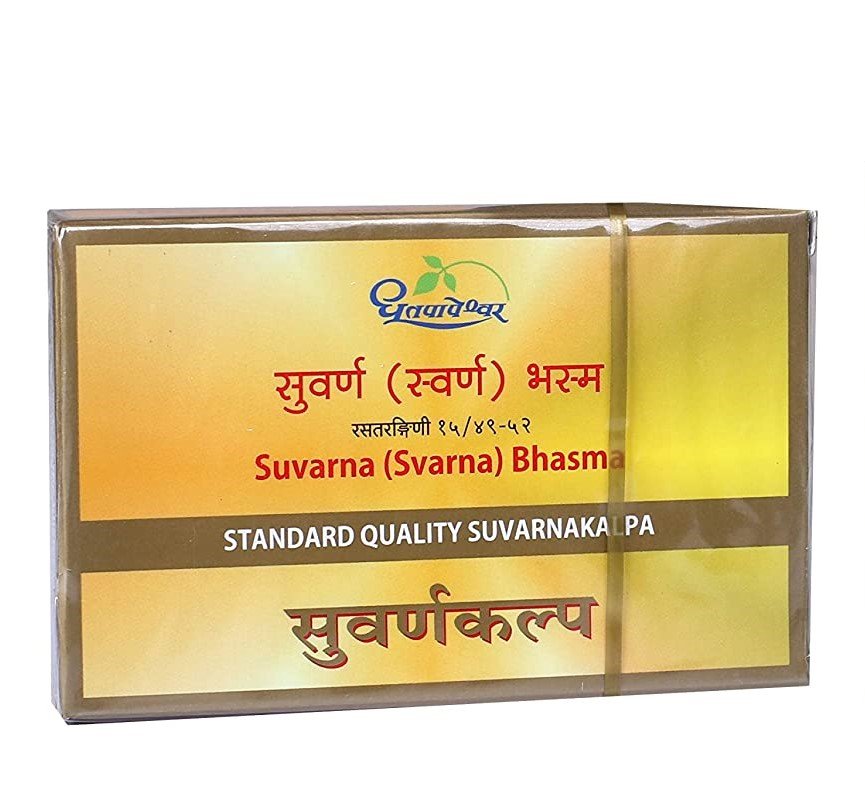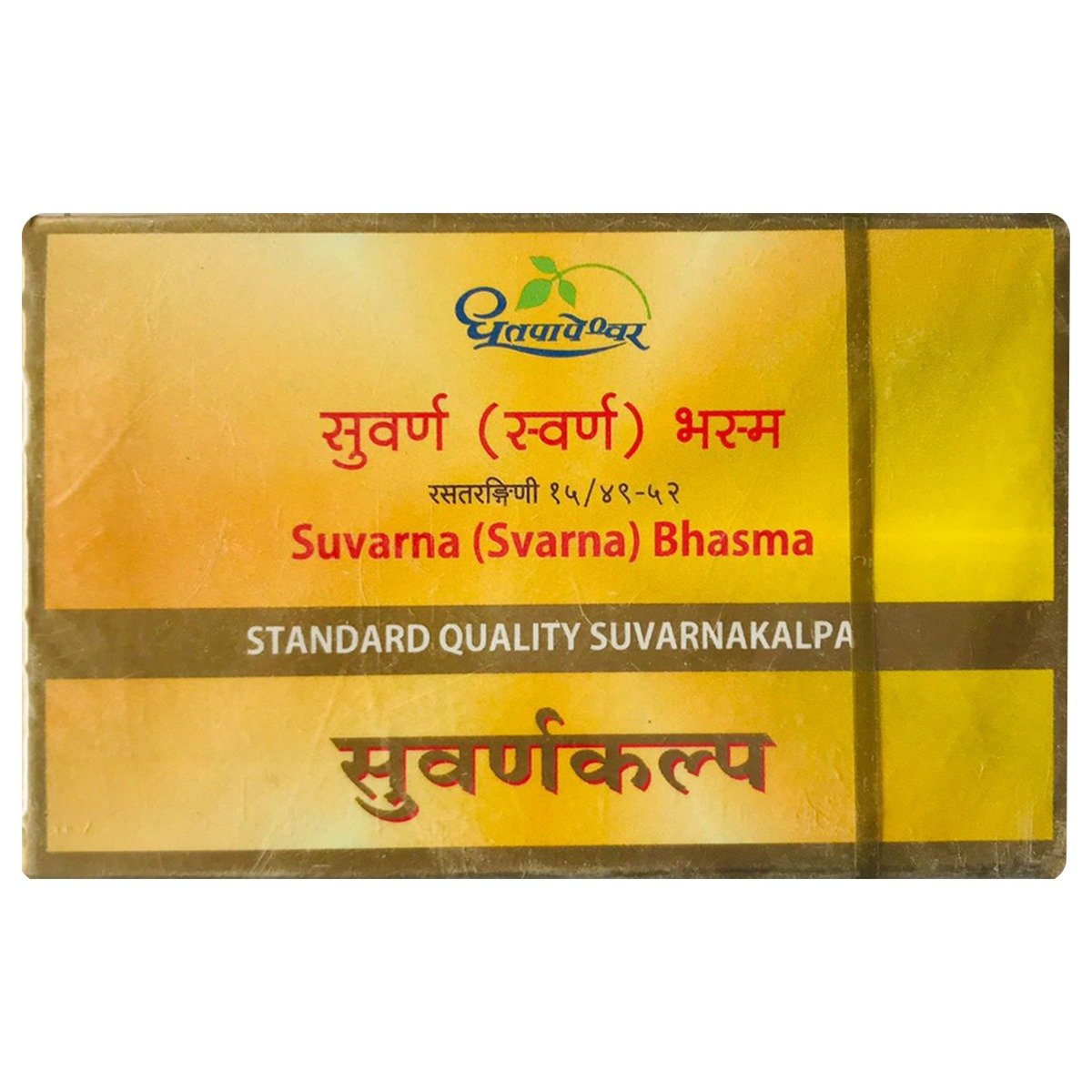Loramyl 2 mg Tablet 10's

MRP ₹23.5
(Inclusive of all Taxes)
₹3.5 Cashback (15%)
Loramyl 2 mg Tablet is used to treat diarrhoea. It is also indicated in the treatment of diarrhoea associated with inflammatory bowel disease and in reducing the volume of discharge resulting from an ileostomy (surgical opening in the abdominal wall). It contains Loperamide, which works by slowing down an overactive bowel. This allows water and salts that are usually lost in diarrhoea to be absorbed by the body. Thereby, it helps treat diarrhoea. It may cause common side effects such as headache, nausea, and constipation. Before taking this medicine, you should tell your doctor if you are allergic to any of its components or if you are pregnant/breastfeeding, and about all the medications you are taking and pre-existing medical conditions.
Know Your Delivery Time
Provide Delivery Location

Secure Payment

India's Most Trusted Pharmacy

Genuine Products
Composition :
Manufacturer/Marketer :
Consume Type :
Return Policy :
Expires on or after :
NPPA :
About Loramyl 2 mg Tablet
Loramyl 2 mg Tablet is an anti-diarrhoeal medicine used to treat diarrhoea. It is also indicated in the treatment of diarrhoea associated with inflammatory bowel disease and in reducing the volume of discharge from ileostomies. Diarrhoea is a condition characterised by frequent bowel movements, resulting in loose, watery stools.
Loramyl 2 mg Tablet contains Loperamide, which works by slowing down an overactive bowel. This allows water and salts that are usually lost in diarrhoea to be absorbed by the body. Thereby, Loramyl 2 mg Tablet helps treat diarrhoea.
The most common side effects of Loramyl 2 mg Tablet are headache, nausea, and constipation. Most of these side effects do not require medical attention and gradually resolve over time. However, if the side effects persist or worsen, reach out to your doctor.
Do not take Loramyl 2 mg Tablet if you are allergic to any of its components. Consult the doctor if you are pregnant or breastfeeding. Loramyl 2 mg Tablet may cause dizziness; therefore, do not drive unless you are alert. Keep the doctor informed about your health conditions and medications to help rule out any potential side effects or interactions.
Uses of Loramyl 2 mg Tablet
Loramyl 2 mg Tablet is used in the treatment of diarrhoea. The detailed uses of Loramyl 2 mg Tablet are as follows:
- Treatment of Diarrhoea: Loramyl 2 mg Tablet is effectively used to manage diarrhoea, including both acute and chronic cases.
- Reduction of Intestinal Motility: Loramyl 2 mg Tablet reduces intestinal movement, helping to alleviate gastrointestinal discomfort and related symptoms.
- Management of Irritable Bowel Syndrome (IBS): Loramyl 2 mg Tablet aids in controlling IBS symptoms, such as abdominal pain, bloating, and altered bowel habits.
- Support During Travel: Loramyl 2 mg Tablet is often taken as a preventive measure against travel-related diarrhoea, commonly referred to as traveller's diarrhoea.

Have a query?
Directions for Use
- Loramyl 2 mg Tablet can be taken with or without food.
- Follow your doctor's instructions on the dosage and timing of this medication.
- Swallow Loramyl 2 mg Tablet as a whole with a glass of water.
- Do not crush, break, or chew it.
Medicinal Benefits
Loramyl 2 mg Tablet belongs to the class of anti-diarrhoeal medication used to treat diarrhoea. It is also indicated in the treatment of diarrhoea associated with inflammatory bowel disease and for reducing the volume of discharge from ileostomies. Loramyl 2 mg Tablet contains Loperamide, which works by slowing down an overactive bowel. This allows water and salts that are usually lost in diarrhoea to be absorbed by the body. Thereby, Loramyl 2 mg Tablet helps treat diarrhoea.
How Loramyl 2 mg Tablet Works
Storage
- Inform your doctor about your constipation symptoms. They may adjust your medication or advise alternative treatments.
- Stay hydrated by drinking sufficient of water (at least 8-10 glasses a day) to help soften stool and promote bowel movements.
- Increase fibre intake by eating foods high in fibre, such as fruits, whole grains, vegetables and legumes, to help bulk up the stool.
- Establish a bowel routine by trying to go to the bathroom at the same time each day to train your bowels.
- Engaging in regular exercise, like walking or yoga, can support in bowel movement stimulation.
- Consult your doctor if constipation persists, and discuss alternative treatments or adjustments to your medication.
- Inform your doctor about the nausea and discuss possible alternatives to the medication or adjustments to the dosage.
- Divide your daily food intake into smaller, more frequent meals to reduce nausea.
- Opt for bland, easily digestible foods like crackers, toast, plain rice, bananas, and applesauce.
- Avoid certain foods that can trigger nausea, such as fatty, greasy, spicy, and smelly foods.
- Drink plenty of fluids, such as water, clear broth, or electrolyte-rich beverages like coconut water or sports drinks.
- Use ginger (tea, ale, or candies) to help relieve nausea.
- Get adequate rest and also avoid strenuous activities that can worsen nausea.
- Talk to your doctor about taking anti-nausea medication if your nausea is severe.
- Record when your nausea occurs, what triggers it, and what provides relief to help you identify patterns and manage your symptoms more effectively.
- Hydrate your body: Drink enough water to prevent dehydration and headaches.
- Calm Your Mind: Deep breathing and meditation can help you relax and relieve stress.
- Rest and Recharge: Sleep for 7-8 hours to reduce headache triggers.
- Take rest: lie down in a quiet, dark environment.
- Cold or warm compresses can help reduce tension.
- Stay Upright: Maintain good posture to keep symptoms from getting worse.
- To treat headaches naturally, try acupuncture or massage therapy.
- Over-the-counter pain relievers include acetaminophen and ibuprofen.
- Prescription Assistance: Speak with your doctor about more substantial drug alternatives.
- Severe Headaches: Seek emergency medical assistance for sudden, severe headaches.
- Frequent Headaches: If you get reoccurring headaches, consult your doctor.
- Headaches with Symptoms: Seek medical attention if your headaches include fever, disorientation, or weakness.
- Inform your doctor about dizziness symptoms. They may adjust your medication regimen or prescribe additional medications to manage symptoms.
- Follow your doctor's instructions for taking medication, and take it at the same time every day to minimize dizziness.
- When standing up, do so slowly and carefully to avoid sudden dizziness.
- Avoid making sudden movements, such as turning or bending quickly, which can exacerbate dizziness.
- Drink plenty of water throughout the day to stay hydrated and help alleviate dizziness symptoms.
- If you're feeling dizzy, sit or lie down and rest until the dizziness passes.
- Track when dizziness occurs and any factors that may trigger it, and share this information with your doctor to help manage symptoms.
- Tell your doctor about your GAS symptoms. They may change your medication regimen or prescribe additional drugs to help you manage them.
- To manage GAS symptoms, eat a balanced diet of fibre, vegetables, and fruits.
- Drink enough water throughout the day to avoid constipation and treat GAS symptoms.
- Regular exercise like yoga and walking may help stimulate digestion and alleviate GAS symptoms.
- Take probiotics only if your doctor advises, as they may help alleviate GAS symptoms by promoting gut health.
- Take medication for GAS symptoms only if your doctor advises, as certain medications can interact with your existing prescriptions or worsen symptoms.
- If symptoms persist, worsen, or are accompanied by severe abdominal pain, vomiting, or bleeding, seek immediate medical attention.
- Inform your doctor about dry mouth symptoms. They may adjust your medication regimen or prescribe additional medications to manage symptoms.
- Drink plenty of water throughout the day to help keep your mouth moist and alleviate dry mouth symptoms.
- Chew sugar-free gum or candies to increase saliva production and keep your mouth moisturized.
- Use saliva substitutes, such as mouthwashes or sprays, only if your doctor advises them to help moisturize your mouth and alleviate dry mouth symptoms.
- Avoid consuming smoking, alcohol, spicy or acidic foods, and other irritants that may aggravate dry mouth symptoms.
- Schedule regular dental check-ups to keep track of your oral health and handle any dry mouth issues as they arise.
- Drink water or other clear fluids.
- To prevent worsening of pain, limit intake of tea, coffee, or alcohol.
- Include bland foods like rice, toast, crackers, and rice in your diet.
- Avoid lying down immediately after eating as it may cause indigestion or heartburn.
- Avoid acidic and spicy food as it may cause indigestion.
What if I have taken an overdose of Loramyl 2 mg Tablet
Drug Warnings
Do not take Loramyl 2 mg Tablet if you are allergic to any of its components, if you have severe diarrhoea after taking antibiotics, ulcerative colitis, constipation, or acute dysentery (characterised by blood in the stools). Inform the doctor if you have AIDS and your stomach becomes swollen, liver or kidney disease, diarrhoea for more than 48 hours, severe diarrhoea, a history of drug abuse, slow or irregular heartbeat, low level of potassium in your blood, or prolonged QT interval (a rare heart problem). Seek immediate medical attention if you experience any of the following symptoms while taking loperamide: fast, irregular, or pounding heartbeat; dizziness; lightheadedness; unresponsiveness; or fainting. Avoid exceeding the recommended dosage, as it may lead to serious heart problems.
Drug-Drug Interactions
Drug-Drug Interactions
Login/Sign Up
Co-administration of Loramyl 2 mg Tablet with telaprevir may raise blood levels of Loramyl 2 mg Tablet, you run the risk of developing major problems including abnormal heart rhythm. Other heart conditions, and electrolyte imbalances, may also make you more vulnerable.
How to manage the interaction:
Taking Loramyl 2 mg Tablet with Telaprevir together can result in an interaction, but it can be taken if your doctor has advised it. However, if you experience sudden dizziness, lightheadedness, fainting, shortness of breath, or heart palpitations, consult a doctor. Do not stop using any medications without consulting a doctor.
Taking Loramyl 2 mg Tablet with ritonavir may significantly increase the blood levels of Loramyl 2 mg Tablet.
How to manage the interaction:
Although taking Loramyl 2 mg Tablet with ritonavir together can result in an interaction, they can be taken if a doctor has prescribed it. However, if you experience abrupt dizziness, lightheadedness, fainting, shortness of breath, or rapid heartbeats while taking these medications contact a doctor immediately. Do not discontinue any medication without consulting a doctor.
When taken in combination dronedarone may significantly raise the Loramyl 2 mg Tablet levels in the blood. This can lead to severe complications, such as abnormal heartbeat.
How to manage the interaction:
Although taking Loramyl 2 mg Tablet with dronedarone together can result in an interaction, they can be taken if a doctor has prescribed it. However, if you experience sudden dizziness, lightheadedness, fainting, shortness of breath, or rapid heartbeats while taking these drugs, consult the doctor. Do not discontinue any medication without consulting a doctor.
When used in combination cobicistat may significantly raise the Loramyl 2 mg Tablet levels in the blood. This can increase the chance of a serious abnormal heart rhythm.
How to manage the interaction:
Although taking Loramyl 2 mg Tablet with cobicistat together can result in an interaction, they can be taken if a doctor has prescribed it. However, if you experience sudden dizziness, lightheadedness, fainting, breathing difficulty, or rapid heartbeat, consult the doctor immediately. Do not exceed the dose and frequency or duration of use of Loramyl 2 mg Tablet advised by the doctor. Do not stop using any medications without talking to a doctor.
Coadministration of Loramyl 2 mg Tablet with verapamil may significantly raise the Loramyl 2 mg Tablet levels in the blood, this can increase the chance of a serious abnormal heart rhythm.
How to manage the interaction:
Although taking Loramyl 2 mg Tablet with verapamil together can result in an interaction, they can be taken if a doctor has prescribed it. However, if you experience sudden dizziness, lightheadedness, fainting, breathing difficulty, or rapid heartbeat, consult a doctor immediately. Do not stop using any medications without talking to a doctor.
When taken in combination indinavir may significantly raise the Loramyl 2 mg Tablet levels in the blood. This can increase the chance of a serious abnormal heart rhythm.
How to manage the interaction:
Although taking Loramyl 2 mg Tablet with indinavir together can result in an interaction, they can be taken if a doctor has prescribed it. However, if you experience sudden dizziness, lightheadedness, fainting, breathing difficulty, or rapid heartbeat, consult the doctor immediately. Do not stop using any medications without talking to a doctor.
Co-administration of Loramyl 2 mg Tablet with ranitidine bismuth citrate may raise blood levels of Loramyl 2 mg Tablet, you run the risk of developing major problems including abnormal heart rhythm. Other heart conditions, and electrolyte imbalances, may also make you more vulnerable.
How to manage the interaction:
There may be a possibility of interaction between Loramyl 2 mg Tablet and Ranitidine bismuth citrate, but it can be taken if prescribed by a doctor. However, if you experience sudden dizziness, lightheadedness, fainting, shortness of breath, or heart palpitations, consult a doctor. Do not stop using any medications without consulting a doctor.
Taking Loramyl 2 mg Tablet with clopidogrel may significantly increase the blood levels of Loramyl 2 mg Tablet. This can lead to serious and complications such as irregular heart rhythm.
How to manage the interaction:
Although talking clopidogrel with Loramyl 2 mg Tablet may result in an interaction, it can be taken together if prescribed by a doctor. However, consult a doctor if you experience sudden dizziness, lightheadedness, or shortness of breath. Do not discontinue any medications without consulting a doctor.
Co-administration of Loramyl 2 mg Tablet with boceprevir may raise blood levels of Loramyl 2 mg Tablet, you run the risk of developing major problems including abnormal heart rhythm. Other cardiac conditions, and electrolyte imbalances, may also make you more vulnerable.
How to manage the interaction:
There may be a possibility of interaction between Loramyl 2 mg Tablet and Boceprevir, but it can be taken if prescribed by a doctor. However, if you experience sudden dizziness, lightheadedness, fainting, shortness of breath, or heart palpitations, consult a doctor. Do not stop using any medications without consulting a doctor.
Co-administration of Loramyl 2 mg Tablet with bepridil may raise Loramyl 2 mg Tablet levels in the blood significantly, this might result in side effects like abnormal heart rhythm. Additional heart conditions, and electrolyte imbalances (e.g., magnesium or potassium loss from severe or prolonged diarrhoea or vomiting) may potentially increase your susceptibility.
How to manage the interaction:
Although taking Loramyl 2 mg Tablet and Bepridil together can cause an interaction, it can be taken if your doctor has suggested it. However, if you experience sudden dizziness, lightheadedness, fainting, shortness of breath, or heart palpitations, consult a doctor. Do not discontinue any medications without consulting a doctor.
Drug-Food Interactions
Drug-Food Interactions
Login/Sign Up
Diet & Lifestyle Advise
- Drink plenty of fluids to stay hydrated.
- Include bland foods such as bananas, rice, apples, cream of wheat, soda crackers, farina, applesauce, and toast to avoid aggravating the digestive system.
- Avoid eating foods such as milk, dairy products, spicy foods, processed foods, pork, veal, sardines, raw vegetables, rhubarb, onions, corn, citrus fruits, alcohol, pineapples, cherries, seeded berries, grapes, caffeinated and carbonated drinks.
- Eat fibre-rich food such as whole grains, lentils, beans, broccoli, and peas.
- Wash your hands properly after using the toilet to prevent infections.
- Clean the toilets regularly with a disinfectant.
- Wash your hands thoroughly before eating, while preparing or serving.
Habit Forming
Therapeutic Class
All Substitutes & Brand Comparisons
RX
Out of StockDyriastop 2mg Tablet
₹36.2
(₹0.65 per unit)
69% CHEAPERRX
Out of StockDyr F 2mg Tablet
₹10
(₹0.9 per unit)
57% CHEAPERRX
Out of StockDiarmak 2mg Tablet
₹10
(₹0.9 per unit)
57% CHEAPER
Alcohol
Unsafe
Avoid/limit alcohol consumption as it may increase the side effects of this medicine, such as dizziness and drowsiness.
Pregnancy
Caution
Loperamide belongs to pregnancy category C. It should be used during pregnancy only if the benefits outweigh the risks. Please consult the doctor if you are pregnant.
Breast Feeding
Unsafe
Small amounts of Loperamide may appear in human breast milk. Therefore, it is not recommended during breastfeeding.
Driving
Caution
Loramyl 2 mg Tablet may cause dizziness, tiredness or sleepiness. Avoid driving or operating machinery if you experience these symptoms.
Liver
Consult your doctor
No data is available in patients with liver impairment. Please consult the doctor if you have liver problems or any concerns regarding this.
Kidney
Consult your doctor
No data is available in patients with renal impairment. Please consult the doctor if you have kidney problems or any concerns regarding this.
Children
Caution
Loramyl 2 mg Tablet is contraindicated in children below 2 years due to the risk of heart and breathing problems. Please consult the doctor if you have any concerns regarding the usage of Loramyl 2 mg Tablet in children.
Heart
Consult your doctor
Patients with cardiac conditions should exercise caution when taking Loramyl 2 mg Tablet .
Geriatrics
Caution
Loramyl 2 mg Tablet should be used under caution in geriatric patients. Please consult your physician.
FAQs
Loramyl 2 mg Tablet is used to treat diarrhoea. It is also indicated in the treatment of diarrhoea associated with inflammatory bowel disease and in reducing the volume of discharge from ileostomies.
Loramyl 2 mg Tablet works by slowing down the movement of the bowel to decrease the number of bowel movements. It also helps lower the flow of fluids and electrolytes into the bowel.
Yes, diarrhoea may cause dehydration due to loss of fluid in stools. So, drink plenty of fluids/water to replace lost fluids due to diarrhoea. Talk to your doctor about rehydration therapy to replace lost salts.
Do not exceed the recommended dosage, as it may cause serious or life-threatening changes in your heart rhythm. Avoid taking a larger dose, taking it for a longer period of time, or taking it more often than prescribed by your doctor.
No, Loramyl 2 mg Tablet is not an antibiotic. It contains loperamide, which is an anti-diarrheal medication. Loperamide works by slowing down an overactive bowel and allowing the body to absorb water and salts usually lost in diarrhoea.
The duration of taking Loramyl 2 mg Tablet depends on the severity of your diarrhoea and your doctor's advice. Typically, it is taken for a short period or as directed by your doctor for chronic diarrhoea or inflammatory bowel disease. It's essential to follow your doctor's instructions and not exceed the recommended duration or dosage, as taking Loramyl 2 mg Tablet for longer than prescribed can lead to dependence or other side effects.
The effect of a single dose of Loramyl 2 mg Tablet typically lasts for 4 to 6 hours. However, this duration can vary depending on individual factors, such as the severity of diarrhoea, individual metabolism, and the presence of other medications or medical conditions. If symptoms persist or worsen, it's important to consult a healthcare provider for further guidance. Additionally, do not exceed the recommended dose or take Loperamide for longer than 2 days without medical advice.
Take Loramyl 2 mg Tablet for up to 2 days to manage acute diarrhoea. If symptoms persist or worsen, consult your healthcare provider. Do not take longer than recommended to avoid dependence and side effects.
Do not take Loramyl 2 mg Tablet with painkillers on your own. Only take it if recommended by your doctor. Combining medications without medical advice can be harmful. Always consult your healthcare provider before taking Loramyl 2 mg Tablet with painkillers or any other medications.
You can take probiotics with Loramyl 2 mg Tablet , but it's best to check with your doctor first. Probiotics can help alleviate diarrhoea and restore the balance of gut bacteria. Taking them with Loramyl 2 mg Tablet may make it work better and reduce side effects. However, consult your doctor to ensure safe and effective use, especially if you have a weakened immune system or take other medications.
Diarrhea is a common condition characterized by frequent bowel movements, loose or watery stools, and an urgent need to have a bowel movement. Various factors, including viral or bacterial infections, food intolerance or allergies, medications, digestive disorders, infections, and hormonal changes, can cause it. Suppose you experience persistent, severe, or bloody diarrhoea. In that case, seeking medical attention to determine the underlying cause and receive appropriate treatment is essential.
Take Loramyl 2 mg Tablet when you have acute diarrhoea or irritable bowel syndrome (IBS) with frequent diarrhoea. However, take it only if your doctor recommends it, for a short period (up to 2 days), and only if your symptoms are not severe. Also, do not take it if you have bloody stools, fever, or abdominal pain. Always follow the recommended dosage and consult your healthcare provider if symptoms persist or worsen.
A doctor will direct the dose of Loramyl 2 mg Tablet for adults, as it may vary depending on individual circumstances and medical history. Your doctor may adjust the dose based on your specific needs and response to treatment. Always follow your doctor's instructions and consult with them if you have any questions or concerns.
Yes, Loramyl 2 mg Tablet can be used to treat motions (diarrhoea). It is an anti-diarrheal medication that works by slowing down bowel movements and increasing the absorption of water and electrolytes from the intestines. This helps to firm up stool and reduce the frequency of bowel movements. However, it's important to note that Loramyl 2 mg Tablet should only be used under the guidance of a healthcare professional, especially if you have underlying medical conditions, are taking other medications, or are experiencing severe or persistent diarrhoea.
Loramyl 2 mg Tablet typically starts to work within 1-2 hours after taking it. It may take up to 4-6 hours to reach its full effect. However, this may vary depending on individual factors, such as the severity of diarrhoea and individual metabolism.
Loramyl 2 mg Tablet typically contains the active ingredient Loperamide Hydrochloride, an anti-diarrheal medication.
Loramyl 2 mg Tablet containing Loperamide Hydrochloride is generally considered safe when used as directed. However, as with all medications, it may cause side effects and interact with other medicines. To ensure safe use, follow the recommended dosage, inform your doctor about your medical history, and monitor for side effects.
Loramyl 2 mg Tablet can be used to treat diarrhoea and abdominal pain associated with Irritable Bowel Syndrome (IBS), but only under the guidance of a healthcare professional. While it can help manage symptoms, it's important to note that Loperamide may not address the underlying causes of IBS, and long-term use should be avoided. Your healthcare provider may also recommend other treatments or lifestyle changes to manage IBS symptoms.
Do not take Loramyl 2 mg Tablet with any other medication, including antibiotics, paracetamol, ibuprofen, omeprazole, ciprofloxacin, desmopressin, ritonavir, quinidine, or cotrimoxazole, unless advised by your doctor. Always consult your healthcare provider before combining medications to ensure safe and effective treatment.
Loramyl 2 mg Tablet can help with diarrhoea and stomach cramps during opiate withdrawal, but it's not a treatment for withdrawal itself. It can manage some symptoms, but it's important to remember that it doesn't address the underlying issues and shouldn't replace medically supervised treatment. Consult a healthcare professional for proper guidance and support during opiate withdrawal.
Loramyl 2 mg Tablet carries a low risk of addiction when used as directed by a healthcare professional to treat diarrhoea. However, taking high doses or using it for extended periods can increase the risk of habit formation and addiction. Individuals with a history of substance abuse or addiction should exercise caution.
Loramyl 2 mg Tablet can help alleviate diarrhoea caused by stomach flu, nausea, and some stomach cramps associated with diarrhoea. However, it's important to note that Loramyl 2 mg Tablet is not recommended for bloody diarrhoea, fever, gas, or rotavirus infections. In fact, anti-diarrheal medications like Loperamide are not recommended for rotavirus infections. Always consult a healthcare professional for proper diagnosis and treatment.
Loramyl 2 mg Tablet and cimetidine can be taken together. Cimetidine is an antacid and histamine-2 (H2) blocker that may not significantly interact with Loperamide. However, it's always best to consult your healthcare provider or pharmacist to ensure safe and effective treatment before taking any medications together.
Take Loramyl 2 mg Tablet only as directed by your doctor, based on your individual medical needs and condition. Follow the recommended dosage and frequency, and do not exceed the maximum dose prescribed. Always consult your doctor if you have any questions or concerns.
Yes, you can take Loramyl 2 mg Tablet for loose motion (diarrhoea). Loramyl 2 mg Tablet is commonly used to treat diarrhoea and reduce the frequency of loose stools. However, it's essential to consult your doctor before taking Loperamide, especially if you have any of the following: bloody or watery diarrhoea, fever, abdominal pain or cramping, or underlying medical conditions like inflammatory bowel disease (IBD). Remember, Loramyl 2 mg Tablet only treats symptoms, not the underlying cause of diarrhea. Your doctor will recommend the most suitable treatment based on your individual needs.
The most common side effects of Loramyl 2 mg Tablet are headache, nausea, and constipation. Most of these side effects do not require medical attention and gradually resolve over time. However, if the side effects persist or worsen, reach out to your doctor.
Country of origin
Manufacturer/Marketer address
Customers Also Bought
Disclaimer
Author Details
We provide you with authentic, trustworthy and relevant information
Reference
- https://www.ditenate.al/en/products/pharmacy/digestive/diarrhea/loperamide-2-mg-20-tablets
- https://www.medicines.org.uk/emc/files/pil.12451.pdf
- https://medlineplus.gov/druginfo/meds/a682280.html
- https://www.accessdata.fda.gov/drugsatfda_docs/label/2016/017694s052lbl.pdf
- https://www.drugs.com/loperamide.html
Buy best Gastro Enterology products by
Abbott India Ltd
Sun Pharmaceutical Industries Ltd
Cipla Ltd
Alkem Laboratories Ltd
Mankind Pharma Pvt Ltd
Intas Pharmaceuticals Ltd
Torrent Pharmaceuticals Ltd
Lupin Ltd
Dr Reddy's Laboratories Ltd
Leeford Healthcare Ltd
Aristo Pharmaceuticals Pvt Ltd
La Renon Healthcare Pvt Ltd
Macleods Pharmaceuticals Ltd
Wallace Pharmaceuticals Pvt Ltd
Alembic Pharmaceuticals Ltd
J B Chemicals & Pharmaceuticals Ltd
Zydus Healthcare Ltd
Morepen Laboratories Ltd
Micro Labs Ltd
Zuventus Healthcare Ltd
Zydus Cadila
FDC Ltd
Fourrts India Laboratories Pvt Ltd
Alniche Life Sciences Pvt Ltd
Tas Med India Pvt Ltd
Cadila Pharmaceuticals Ltd
Sanatra Healthcare Ltd
Eris Life Sciences Ltd
Medishri Healthcare Pvt Ltd
Medley Pharmaceuticals Ltd
Signova Pharma
Elder Pharmaceuticals Ltd
Tablets India Ltd
East West Pharma India Pvt Ltd
Ajanta Pharma Ltd
Vasu Organics Pvt Ltd
Wockhardt Ltd
Emcure Pharmaceuticals Ltd
Akumentis Healthcare Ltd
Glenmark Pharmaceuticals Ltd
Blue Cross Laboratories Pvt Ltd
Biological E Ltd
Cadila Healthcare Ltd
Corona Remedies Pvt Ltd
Medgen Drugs And Laboratories Pvt Ltd
Primus Remedies Pvt Ltd
Hetero Drugs Ltd
Indoco Remedies Ltd
Ipca Laboratories Ltd
Pfizer Ltd
Systopic Laboratories Pvt Ltd
DR Johns Lab Pharma Pvt Ltd
Ozone Pharmaceuticals Ltd
Prevego Healthcare & Research Pvt Ltd
Albert David Ltd
Knoll Healthcare Pvt Ltd
Biochem Pharmaceutical Industries Ltd
Indchemie Health Specialities Pvt Ltd
Lincoln Pharmaceuticals Ltd
Ordain Health Care Global Pvt Ltd
Troikaa Pharmaceuticals Ltd
Eskag Pharma Pvt Ltd
Olcare Laboratories Pvt Ltd
Samarth Life Sciences Pvt Ltd
Shine Pharmaceuticals Ltd
Shreya Life Sciences Pvt Ltd
Foregen Healthcare Ltd
Hetero Healthcare Pvt Ltd
Intra Life Pvt Ltd
Adonis Laboratories Pvt Ltd
Capital Pharma
Chemo Healthcare Pvt Ltd
Sanzyme Pvt Ltd
Yuventis Pharmaceuticals
3M India Ltd
Alienist Pharmaceutical Pvt Ltd
Meridian Enterprises Pvt Ltd
Meyer Organics Pvt Ltd
Sinsan Pharmaceuticals Pvt Ltd
Steris Healthcare
Levin Life Sciences Pvt Ltd
Medwock Pharmaceuticals Pvt Ltd
Msn Laboratories Pvt Ltd
Overseas Health Care Pvt Ltd
RPG Life Sciences Ltd
Dey's Medical Stores (Mfg) Ltd
German Remedies Ltd
Obsurge Biotech Ltd
Panacea Biotec Ltd
Saf Fermion Ltd
Sargas Life Sciences Pvt Ltd
Seagull Pharmaceutical Pvt Ltd
USV Pvt Ltd
Win Medicare Ltd
Aar Ess Remedies Pvt Ltd
Comed Chemicals Ltd
Galpha Laboratories Ltd
Icarus Health Care Pvt Ltd
Indiabulls Pharmaceuticals Pvt Ltd
Megma Healthcare Pvt Ltd






